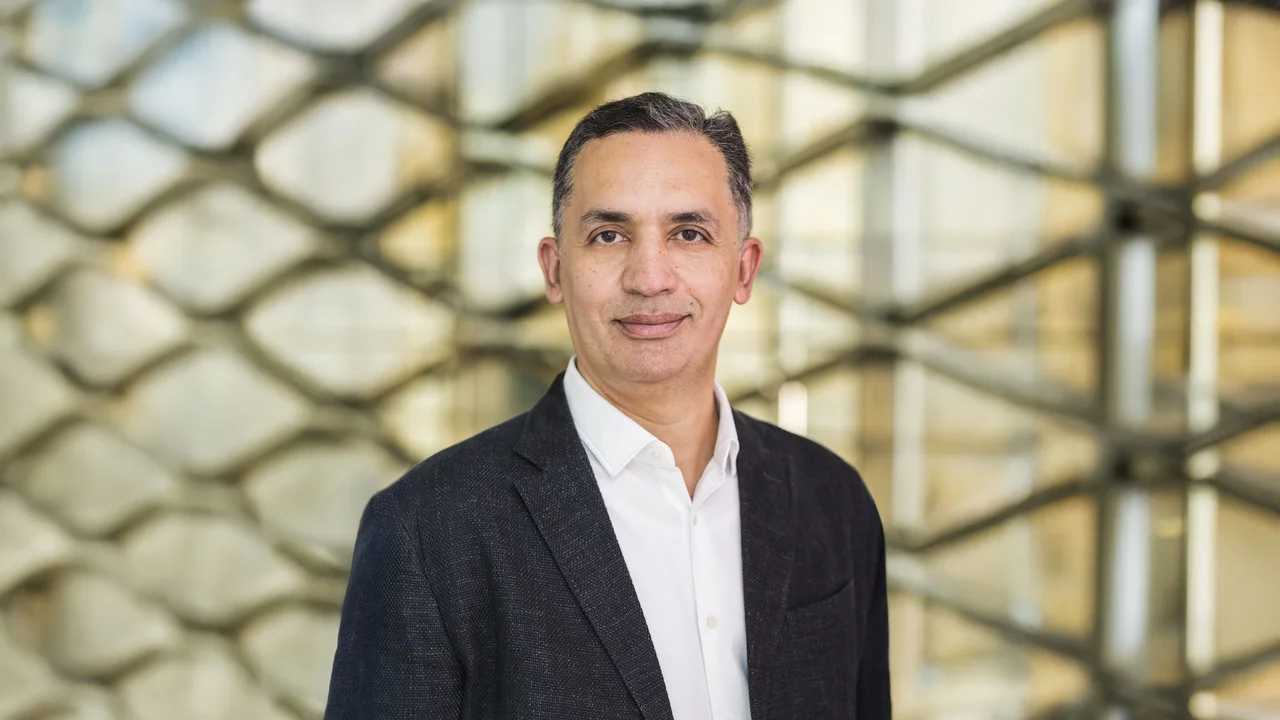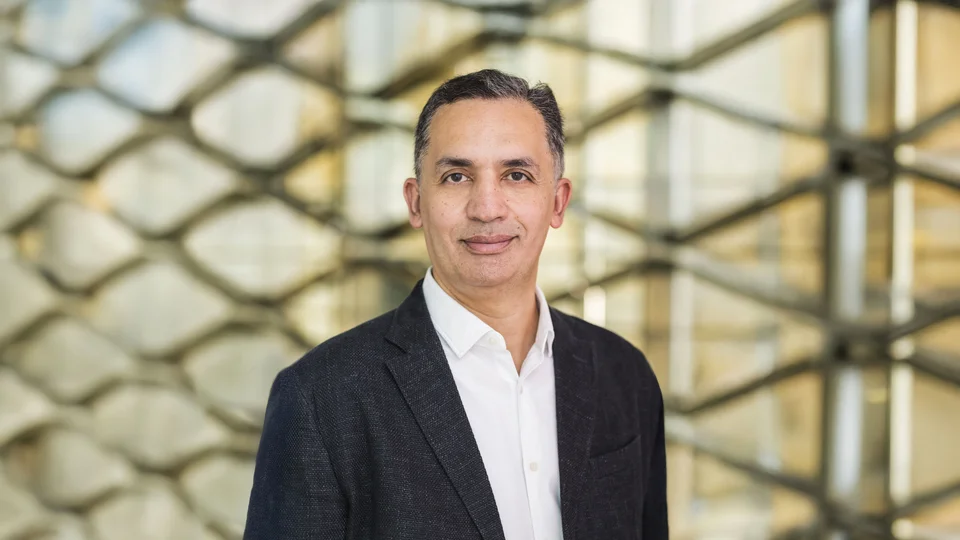
Professor Tareq Al-Naffouri named Institute of Electrical and Electronics Engineers (IEEE) Fellow
KAUST Professor Tareq Al-Naffouri has been named an IEEE Fellow, the organization’s highest distinction, in recognition of his contributions to adaptive signal processing and its applications in wireless communications.
About
KAUST Professor Tareq Al-Naffouri has been elevated to the rank of Fellow of the Institute of Electrical and Electronics Engineers (IEEE). Al-Naffouri was recognized by the preeminent organization for his “contributions to adaptive signal processing and applications to wireless communications.”
The IEEE Fellow designation is the highest honor within the organization, with fellows representing less than 0.01% of its membership. According to IEEE, this prestigious distinction is reserved for “members whose extraordinary accomplishments in any of the IEEE fields of interest are deemed fitting of this prestigious grade elevation.”
These fields of interest encompass a diverse array of disciplines, including engineering, computer sciences and information technology, physical sciences, biological and medical sciences, mathematics, technical communications, education, management, and law and policy.
The IEEE—established to advance technology for the benefit of humanity—has 460,000 members in more than 190 countries.
Regarding his elevation, Al-Naffouri expressed his gratitude: “My special thanks go to Professor Mohamed-Slim Alouini, a dear friend and a research collaborator for the past 13-plus years who helped me to take this step and for being the main driver behind this nomination.”
“I have been an IEEE member since I was a graduate student, so elevation to fellow is a recognition that many IEEE members strive for. When you bear in mind the rigorous evaluation procedure involved, with only a select group of recipients attaining the title each year, I am tremendously proud of this promotion in rank,” he added.
Enhancing worldwide wireless communication
A major focus of Al-Naffouri’s research at KAUST centers on the development and analysis of adaptive and compressed sensing algorithms and their applications in wireless communications systems. His work seeks to bolster spectrum sharing, cognitive radio, energy efficiency and security within the context of advanced wireless technologies like 5G.
Many of his contributions to adaptive algorithm analysis are now standard components in adaptive filtering textbooks. The highly regarded electrical engineer also has over 300 publications in journals and conference proceedings and 20 issued and pending patents.
“I target problems like channel estimation in high-mobility scenarios and mitigating receiver impairments like impulse noise and power amplifier nonlinearity,” he explained. “These wireless receiver design advancements aim to enhance the performance and reliability of wireless communication systems in challenging conditions.”
With an unwavering commitment to research innovation, Al-Naffouri and his team at the KAUST Information Science Lab are continuously redefining their methodologies for inference and learning algorithms while applying them to real-world wireless communications scenarios.
“Currently, I am concentrating on non-invasive smart health monitoring and numerous applications in smart cities; this research is inherently practical. My team and I are developing prototypes and testbeds and launching spin-off initiatives. Together, we are driving transformative change in information science,” he concluded.
